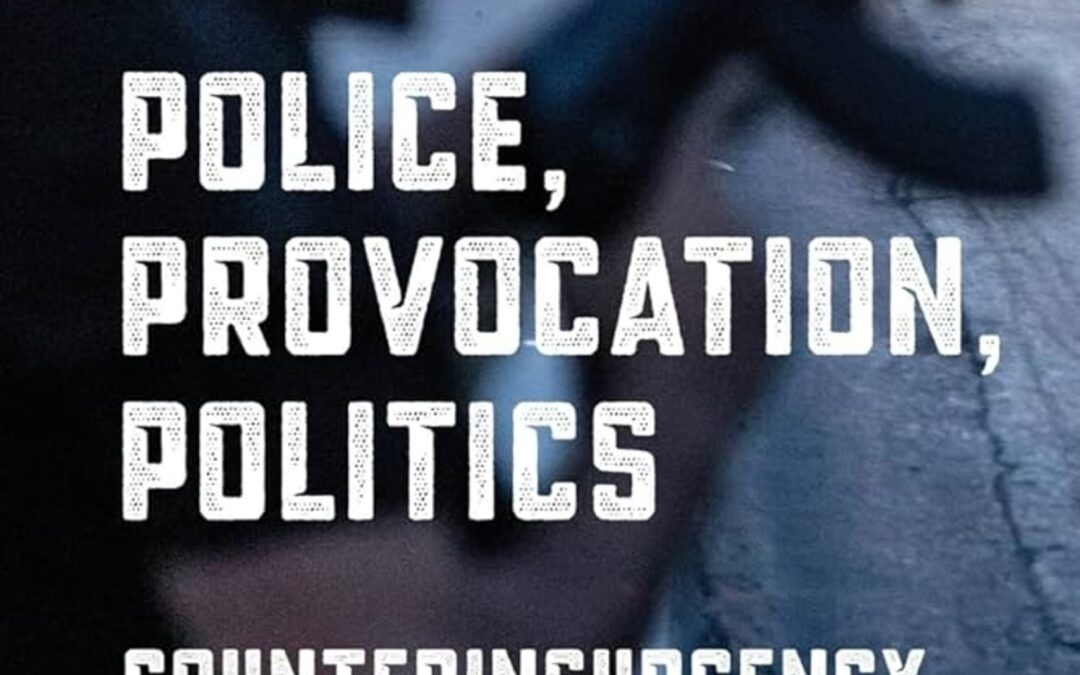The Critical Urban Anthropology Association (CUAA) is pleased to award the 2023 Anthony Leeds Prize to Deniz Yonucu for her book, Police, Provocation, Politics: Counterinsurgency in Istanbul (Cornell University Press, 2022). In this compelling ethnography, Yonucu queries the aims, operations, and outcomes of state-led counterinsurgency activities in an Alevi-dominated, working-class neighborhood of Istanbul with a long history of dissident political activity. Based on rigorous, long-term fieldwork, Yonucu presents a tightly argued analysis of counterinsurgency as a “productive and permanent war on politics,” a spatialized mode of governance that in its attempt to manage dissent produces it as well. She deftly anchors this argument in a critical engagement with Jacques Ranciere’s work on the dynamic interplay between policing and politics, asking how his framing of policing–as organized around the colonization and dispersal of political sensibilities and the strategic interpellation and emplacement of people–plays out on the ground. In so doing, she excavates the tensions underpinning dissident activities in the neighborhood and the state security apparatus’s counterinsurgent maneuvering to control and extinguish them, as well as the new patterns of surveillance – and dissent – that emerge as a consequence.
To develop this argument, Yonucu presents us with a set of chapters that span nearly fifty years in the history of a neighborhood she refers to as “Devrimova.” Drawing on archival research, oral histories, interviews, and extensive participant observation conducted over the course of nearly a decade, she weaves together a narrative about Devrimovans’ ongoing attempts to assert their political agency–whether through forms of local self-governance, involvement in so-called revolutionary organizations, or participation in the Gezi protests of 2013–and the Turkish state’s evolving response to those efforts. In particular, she explores an array of counterinsurgent tactics–deployed over many years–through which various state security forces have tried to manage and contain dissident activity in the neighborhood. These tactics, which Yonucu traces back to Cold War and decolonial-era counterinsurgency operations, have hinged on framing the neighborhood as a “space of intervention” while simultaneously attempting to re-organize social networks and relations through “affect- and emotion-generating techniques of counter-organization.” This has entailed various forms of incitement to violence in the community, the establishment of a state of ongoing, low intensity conflict, and the stoking of discord, fear, and distrust among various groups and within the community at large. The ultimate aim of these tactics, according to Yonucu, is the “effective colonization of the political space through policing.”
Police, Provocation, Politics offers cutting-edge theorizing around the essential topics of surveillance and counterinsurgency combined with extensive, rigorous, and sensitive ethnography to inform political theory in new and exciting ways. The book is also the remarkable product of fieldwork conducted in a volatile and unstable context and under extremely difficult conditions. As Yonucu details in the introduction, because she herself was under surveillance by state security forces, she had to make careful decisions about how to approach her research–when to visit the area, whom to speak with, where, and under what circumstances. This calculus also informed her writing, which is animated by a dogged determination to navigate this fraught terrain. Ultimately, PPP is an incredibly timely ethnography on a topic that has traditionally proved difficult to research. Her work paves the way for future research on urban policing, spatial governmentality, security and surveillance, and political dissent.

